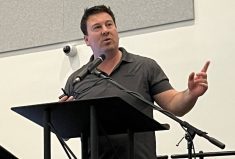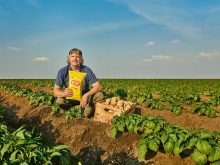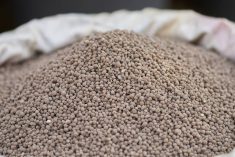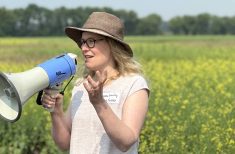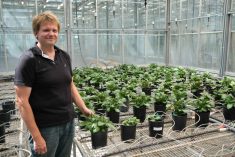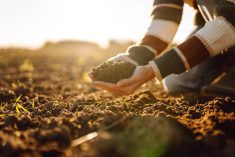Producers have a role to play by helping researchers learn more about cutworms, Lethbridge College soil scientist Jeremy Hummel told a session at Farm Tech. He said researchers currently don’t have adequate tools to help them identify all the cutworm species. Knowing more about the cutworm outbreaks, species and locations can help researchers recommend the best control methods.
“What we’re trying to do is locate fields that have cutworm outbreaks and locate cutworms from there, so we can quantify things about their biology, the growth stages of the larvae and their size,” Hummel said.
Read Also
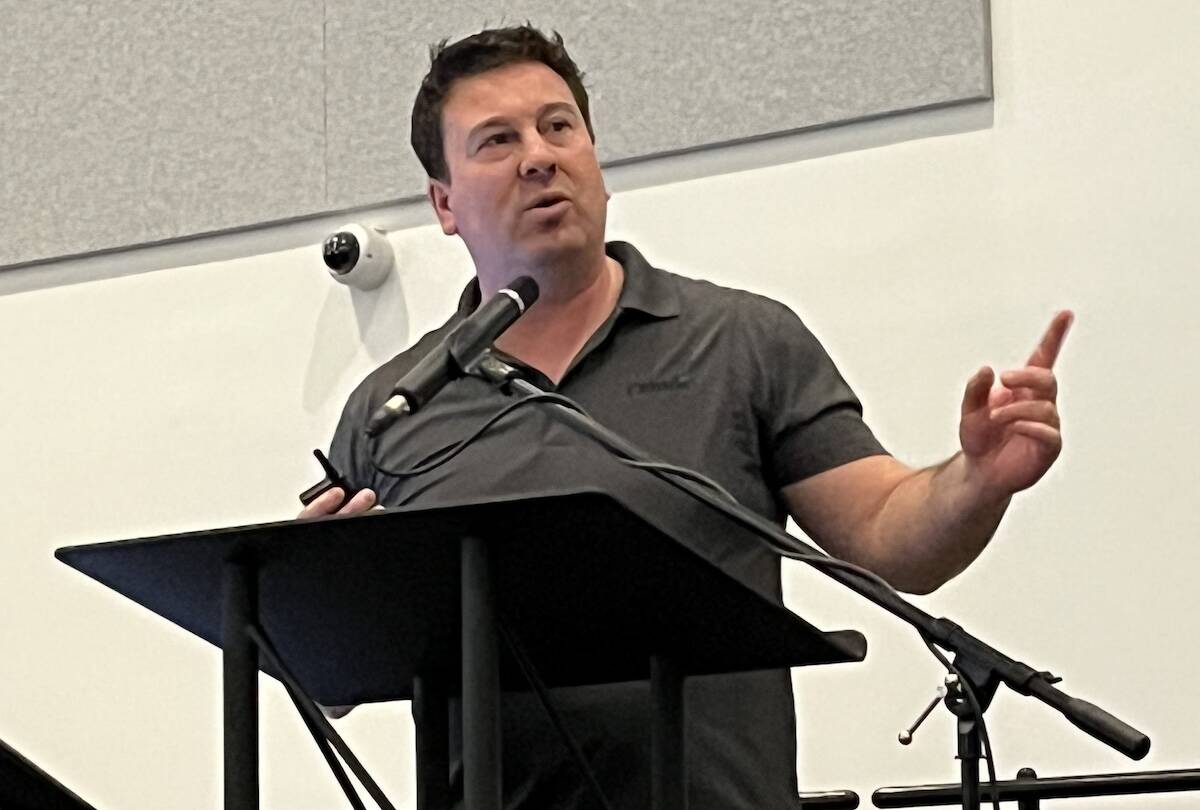
Aster leafhoppers: An unwanted guest migrating from U.S. for canola
Research scientist talks about the prevalence of aster yellows in canola in Alberta, with testing on its pest carriers and conditions in which it affects yields.
Species identification may have an impact on how quickly cutworms develop and how much damage they do.
Alberta maintains the Alberta Insect Pest Monitoring Network, which tracks cutworm outbreaks on a map. The website includes a cutworm reporting tool that producers can use to report outbreaks. Information provided then goes to the researchers.
“In Alberta, we would prefer to come out to your field to collect the cutworms ourselves,” said Hummel. “That’s our job during the summer, that’s not your job as farmers or agronomists. So give us a call or use that monitoring network.”
Alberta contacts:
- Northern Alberta and B.C.: Jennifer Otani, [email protected], 780-354-5132
- Central Alberta: Jim Broatch or Patty Reid, [email protected], 403-396-2535
- Southern Alberta: Jeremy Hummel, [email protected], 403-320-3202 ext. 5347



